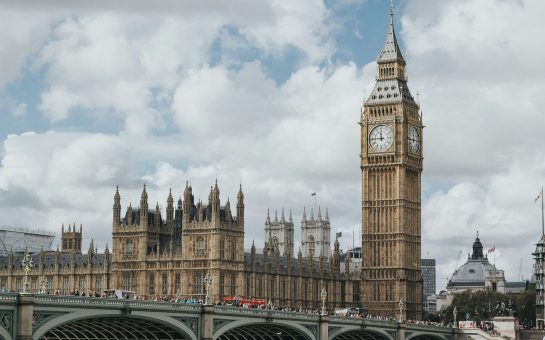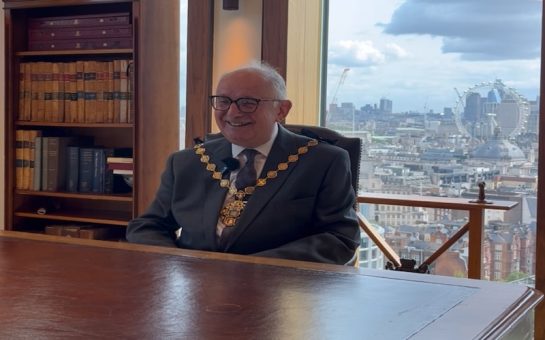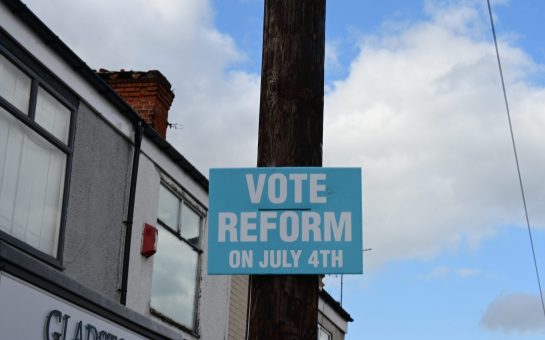The ‘tokenistic’ assurances David Cameron received ahead of the proposed EU deal won’t be enough to persuade middle-ground opinions, says a south London university expert.
The Prime Minister hailed a draft EU deal as providing ‘substantial changes’ to the UK’s relationship with the rest of Europe.
But Dr Jeremy Nuttall, senior lecturer in modern British history at Kingston University, feels public opinion won’t be changing quickly based on assurances from the European Council.
“Cameron has got some things which are not to be neglected; neither are they ground-breaking arrangements that really shift the position of Britain in Europe,” he said.
“He’s got enough to act as a gain for the UK, but it’s not going to convince many of the undecided or the pronounced Europe-sceptics.
“Some of those in the middle will be partially persuaded by the stuff he’s got here, such as the emergency brake on migration and some of the symbolic actions.
“But I think in the main that these specific factors aren’t going to tilt the balance one way or the other. They’re very tokenistic.”
Mr Cameron met with the European Council’s Donald Tusk for several meetings over the weekend, while the European Parliament also discussed the business this morning.
The Prime Minister also spoke in the House of Commons today, taking questions from MPs on what he established with the European Council ahead of the crunch summit on February 18.
Dr Buttall believes these discussions could lead to the referendum, on whether Britain should leave the EU, appearing within the coming months.
“The deals are going to be ironed out over the following weeks, but it’s probably moved faster than what people are anticipating,” he added.
“It could be as early as June that a possible referendum comes – much earlier than many people would have said a few months back.
“I think he’ll be trying to use the General Election win last year as a springboard before he gets to the tricky mid-term point.”
Britain is currently one of 28 EU member states, and Mr Cameron’s ongoing agreements are set to determine whether it is beneficial for the country to remain.
But whatever agreements are drawn, Dr Nuttall admitted he would be surprised if Britain was to leave the EU come the referendum.
He said: “Britain has always had these mixed feelings about Europe. It’s always been a bit half-in, half-out – we were late in joining and didn’t want the single currency and we weren’t originally not in the Social Chapter [Maastricht Treaty].
“I think, in a way, other countries won’t be all that shocked or dismayed as it’s what Britain has always done.
“To take a punt, I reckon Britain will probably on the whole want to stay in. But they’ll do it with reluctance.
“In referendums, British people have tended to vote on the status quo. The first referendum on Europe, the Scottish referendum and the alternative vote all had an element that Britain tended to vote as if they toyed with the idea of doing something radical, but then come home to the safer position.”
Picture courtesy of Department for Business Innovation and Skills, with thanks




